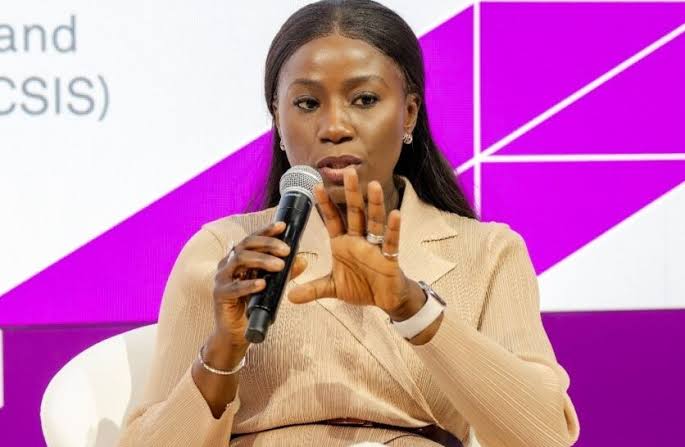The Presidency says Nigeria has secured over $8 billion (about ₦12.8 trillion) in deepwater and gas investments within one year. This milestone reflects growing investor confidence in the country’s energy sector.
Olu Verheijen, Special Adviser to President Bola Tinubu on Energy, made this known at the 2025 Africa CEO Forum in Abidjan, Côte d’Ivoire.
Verheijen credited the surge in investments to recent government reforms. These include better fiscal terms, faster approval timelines, and clearer local content rules. Improvements in the power sector also made gas-to-power projects more attractive.
She noted that Nigeria had moved “from gridlock to green light” through these strategic actions. According to her, this shift turned Nigeria into a model for policy-driven investment growth.
Verheijen urged African nations to stop relying on external aid. Instead, they should focus on creating investor-friendly environments through clear policies and bold strategies. She highlighted Nigeria’s success as a proof of what’s possible.
She also celebrated an increase in Nigerian ownership of the gas sector. It rose from 69% to 83%, a move she called a major step toward African energy control.
Verheijen encouraged African financial institutions to close the funding gap left by International Oil Companies (IOCs). She suggested that local banks and development funds should provide the right tools and share risks.
She praised companies like Seplat, Oando, and Renaissance Energy. These local players are already achieving progress in domestic gas, onshore, and shallow water projects.
Additionally, she cited the Dangote Refinery as proof that African talent and capital can deliver at a global scale.
What You Should Know
Nigeria needs $20 billion yearly over the next decade to develop its gas infrastructure, according to NEITI boss Dr. Ogbonnaya Orji.
In 2024, Finance Minister Wale Edun approved the Consolidated Guidelines for Fiscal Incentives in the Oil & Gas Sector. This move supports President Tinubu’s directive to boost Nigeria’s global competitiveness.











